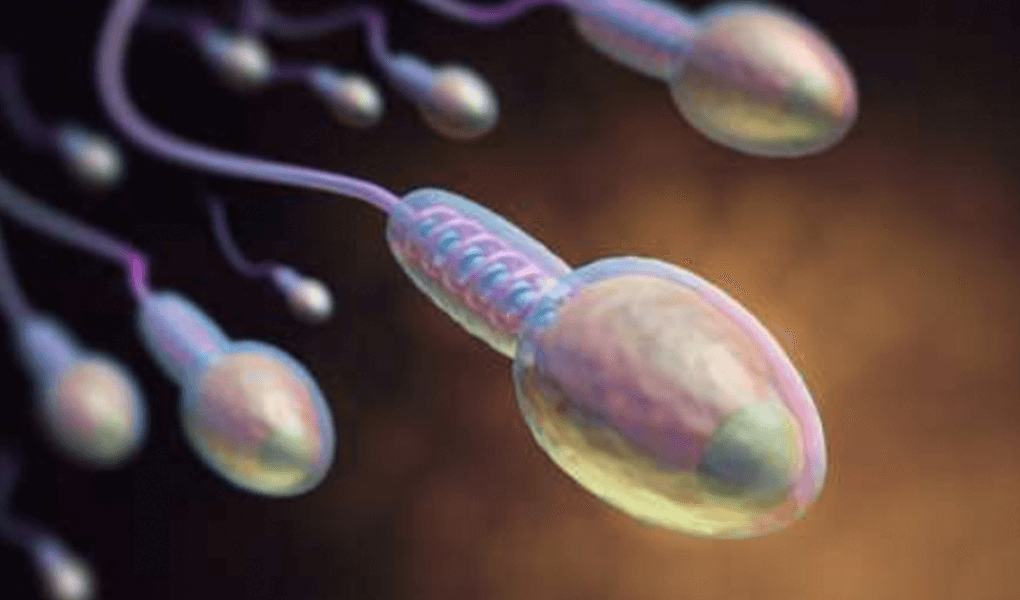Obesity, or in other words, being overweight, is one of the factors that adversely affect human health. Obesity, which is an important health problem, occurs when the accumulation of fat in the body increases to a degree that impairs health. Along with many health problems, obesity, which also affects the reproductive functions of the person, is a disease that must be treated.
Obesity, cardiovascular diseases, stroke, type 2 diabetes, sleep apnea problem, polycystic ovary syndrome, gastrointestinal tract with many disadvantages such as menstrual irregularity, infertility, risk of miscarriage, preterm birth, infant death, excessive bleeding after birth and birth of baby overweight. It also causes different diseases, such as disorders and depression, which greatly reduce one’s quality of life. Obesity, which increases the risk of infertility in both women and men, reduces the chance of success in the formation of pregnancy, both naturally and through reproductive treatment methods.
What is Obesity?
Obesity, or commonly used obesity, which plays an important role in the emergence of many diseases and affects human health significantly, is a type of disease that occurs with more fat accumulation in the body than it should be. Obesity occurs when the amount of energy taken from food is much more than the body can consume daily. Obesity, defined as an excessive increase in the amount of accumulated fat compared to the muscular and skeletal system, plays a role in the formation of many chronic diseases. Despite the tens of problems it causes, this disease, which can be prevented easily with exercise and diet, may require treatment with surgical methods in its advanced stages.
Obesity disease, which can easily occur by calculating the body mass index or, in other words, the weight of the person compared to the height, is a disease that should be taken under control before it progresses. Body mass index, which is an effective method for understanding the presence of obesity, is obtained by dividing body weight by the square of the height, regardless of gender and age. In addition, it is extremely important to determine in which regions the fat accumulated in the body is concentrated. Fat accumulation especially around the waist carries much more risk than accumulation in other regions. A specialist physician should be asked for the treatment of obesity, which causes diabetes, insulin resistance, hypertension, cardiovascular diseases, gallbladder diseases, paralysis, reproductive dysfunction and many more.
In cases where diet and exercise are not sufficient, obesity surgery can also be applied to eliminate the current and possible health problems of the person. Surgical methods commonly include many different methods such as stomach reduction, mini gastric bypass and gastric balloon. Even the expectant mothers struggling with obesity lose between 5% and 10% of their current weight, increases the chances of ovulation and thus pregnancy.
Does Obesity Cause Infertility?
Research shows that women who have obesity problems experience much more problems in terms of conceiving, maintaining pregnancy and concluding with a healthy birth compared to healthy women. In addition, similar to women, obese men also had a decrease in their reproductive functions compared to healthy men. Compared to healthy men, the level of testosterone in obese men decreases by around 25%.
The situation of being overweight or overweight in women upset the hormonal order and reduces the possibility of regular menstruation. Due to the increased fat cells in the body, the balance of estrogen is disturbed, and women may experience symptoms of infertility, which increases in direct proportion to the number of fat cells, preventing ovulation. Thus, infertility occurs in women. The question of whether obesity causes infertility can be answered in this way. Infertility due to obesity is seen due to excessive fat in the expectant mother.
Excessive lubrication increases the amount of insulin released in the body. Insulin, which is released more than necessary, causes the release of more testosterone than female ovaries, thus preventing the formation of ovulation. Thus, obesity leads to infertility. However, since this situation is not permanent, the hormonal order returns to its former state in case of getting rid of excess weight.
When obese women give 5% of their total weight, their menstrual irregularities regress by 60% and go back to order. The high body mass index lowers the chance of success of the IVF treatment method. The fact that the effects of the drugs given to overweight women are low, brings the use of excessive drugs. In addition, while the low amount of eggs prolongs the treatment process, the embryo, which is formed by combining the egg and sperm cells in a laboratory environment, is less likely to hold onto the womb of the overweight mother after the embryo transfer, which is the last stage of IVF treatment. On the other hand, the risk of pregnancy resulting in miscarriage also increases. Therefore, it is important for women with obesity to get rid of their excess weight, to have healthy ovulation, and to eliminate problems such as blood pressure and sugar affecting pregnancy.
In men, obesity triggers the formation of infertility. The increase in the amount of estrogen released from the fat cells accumulated in the body leads to a decrease in sperm production. In addition, the increase in heat due to lubrication in the testicle area also negatively affects sperm production. Negative effects of hormonal order may lead to problems such as impaired sexual desire and impotence due to obesity in some men. It is thought that every 10 kilos extra in the male body increases the risk of infertility by approximately 10%. Although infertility symptoms in men do not show themselves in the first place, infertility problems occur in fathers who want to have a baby.
Infertility Treatment Due to Obesity
A healthy and balanced diet is extremely important for all structures in the human body to continue functioning in an orderly manner. In case the weight problem turns out of control and becomes obesity or obesity, in other words, urgent measures should be taken. Obesity, along with many health problems, reduces the ability to reproduce in both men and women. Infertility occurs when the hormonal balance that must be in harmony in the body is disturbed by the increase in fat cells. In this process, where it is difficult to conceive both naturally and with reproductive treatment methods, it is absolutely necessary to seek help from a specialist physician. It is extremely important to follow the diet and exercise program specially prepared for you and to be loyal to this program in accordance with the physician’s recommendations.
If diet and exercise are not able to get rid of excess weight causing obesity formation, obesity surgery method is important for improving the quality of life and achieving a healthy body. Obesity surgery, which should definitely not be considered as aesthetic surgery, is a method used in those with a body mass index of 40 and above, or in the presence of concomitant diseases such as hypertension and sleep apnea between 35 and 40. Those who want to have a baby but have infertility problems due to obesity may also apply to obesity surgery in line with their body mass index. It should be decided with the physician which of the different surgical procedures such as gastric reduction, gastric bypass and gastric balloon is suitable.
With the deterioration of hormonal balance due to obesity, improvement of problems such as type 2 diabetes, cholesterol, hypertension, egg development in women and sperm production in men are regulated. Thus, infertility due to obesity is prevented. After the obesity surgery applied, during the period prescribed by the physician, it should not be conceived by natural means or in vitro fertilization method. Thus, it becomes easier to fix the weight and adapt the body to this new order.
For all your questions about obesity, pregnancy and IVF, you can contact us at 444 39 49.










Be the first to comment